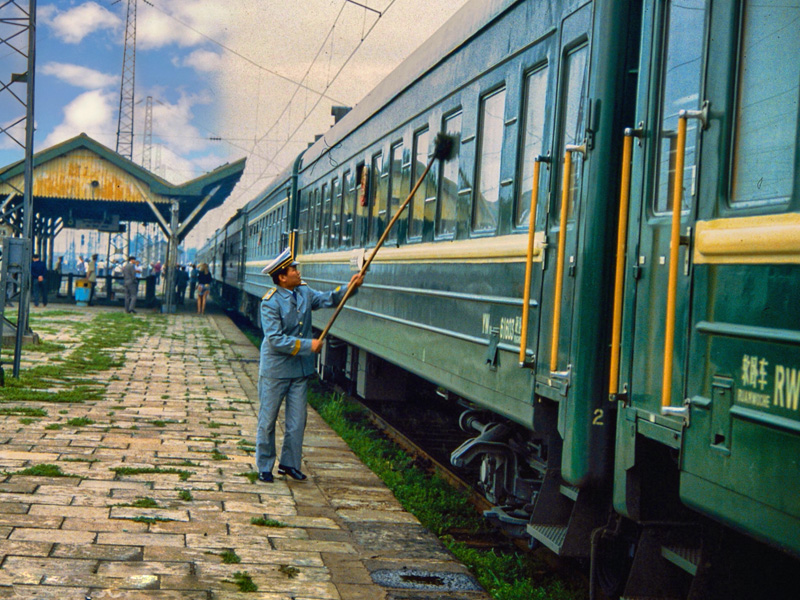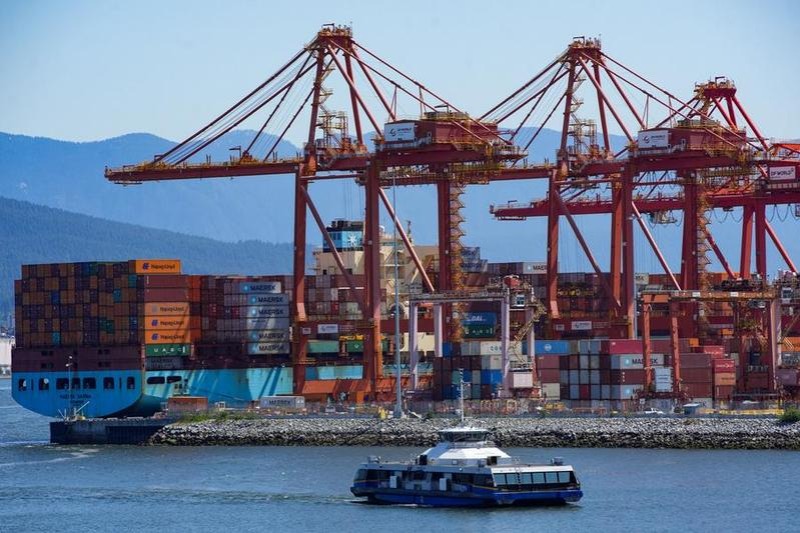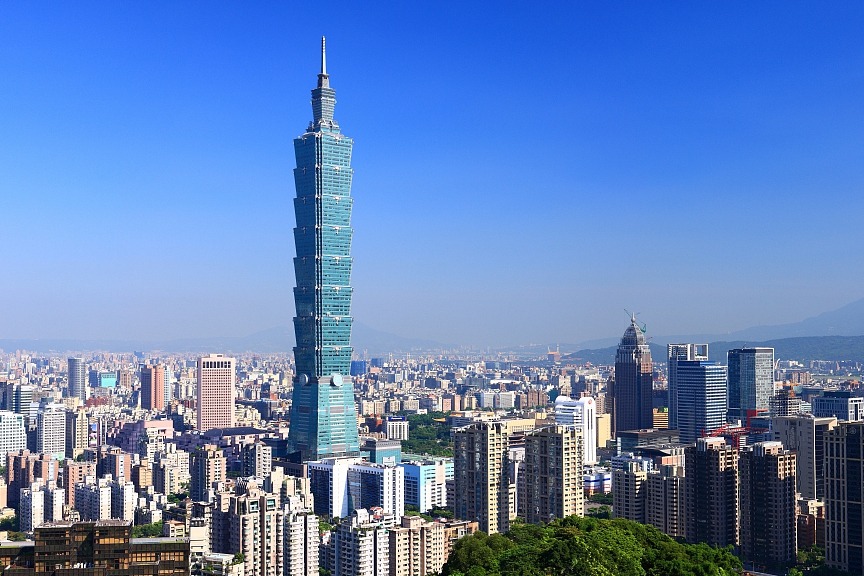Reflecting on 2019, another chapter in a personal journey through China


My preferred way of travel has always been by train as it provides an often relaxed way of seeing the country which cannot be had either by driving or flying.
Railways allow time for reflection, to think back and forward in time. Regularly I am heading between Beijing and Tianjin, a journey today of 30 minutes at 350km/h. Incredibly, I reminded myself this was the first high-speed line in China, opened just over 11 years ago.
Today, the country has the world's largest network of such rail services which just keeps expanding. Watching from the Tianjin-bound train, the scene is of ongoing infrastructure construction, additional rail lines, wide expressways and of course, increased urbanization.
Yet, even on that 30 minute run, I can still look at farming villages reflecting scenes almost like what I saw years before while heading toward southern China, again by train.
However, going inside those rural homes today change would be noticeable with personal communication devices, television, air conditioners and much we have within the cities.
High-speed rail has radically transformed people's everyday lives, particularly for example, during the upcoming Spring Festival travel period. Yet, every time I approach Tianjin, there on the conventional track parallel to the fast line run 18 coach "green trains".
Still vitally important for many people traveling often to remote areas such iconic trains are much cheaper to use. They also stimulate vivid memories for Chinese people for some of my early images remind of that long journey home from their student days.
Sometimes I still travel by the green train, for example recently from Chengdu to Beijing. They allow, I feel, better views of the countryside and small town life but also ways of socializing and sharing food with ordinary Chinese people.
Indeed the "green trains" remain an intrinsic reminder of China's development over the past 70 years. Railway construction, particularly within remote western and southwestern areas, was so important for a country then with limited highway infrastructure.
Those early lines were important not only for initial development but in actually unifying such a vast country that had witnessed so much destruction during the earlier 50 years of the 20th century.
It is from the train that I can reflect on achievements China has undergone. It becomes easy to appreciate the sheer size of the country on a 47-hour journey from Beijing to Kunming in the mid-1990s but also showing, for example, the water imbalance.
The aridity of northern provinces contrasting with abundance in the south and how to me only a country such as China could have achieved grand projects such as the water diversion helping alleviate Beijing's potential drought crisis. Similarly with recent railway construction, it would be very difficult to replicate elsewhere those achievements on such a scale.


































